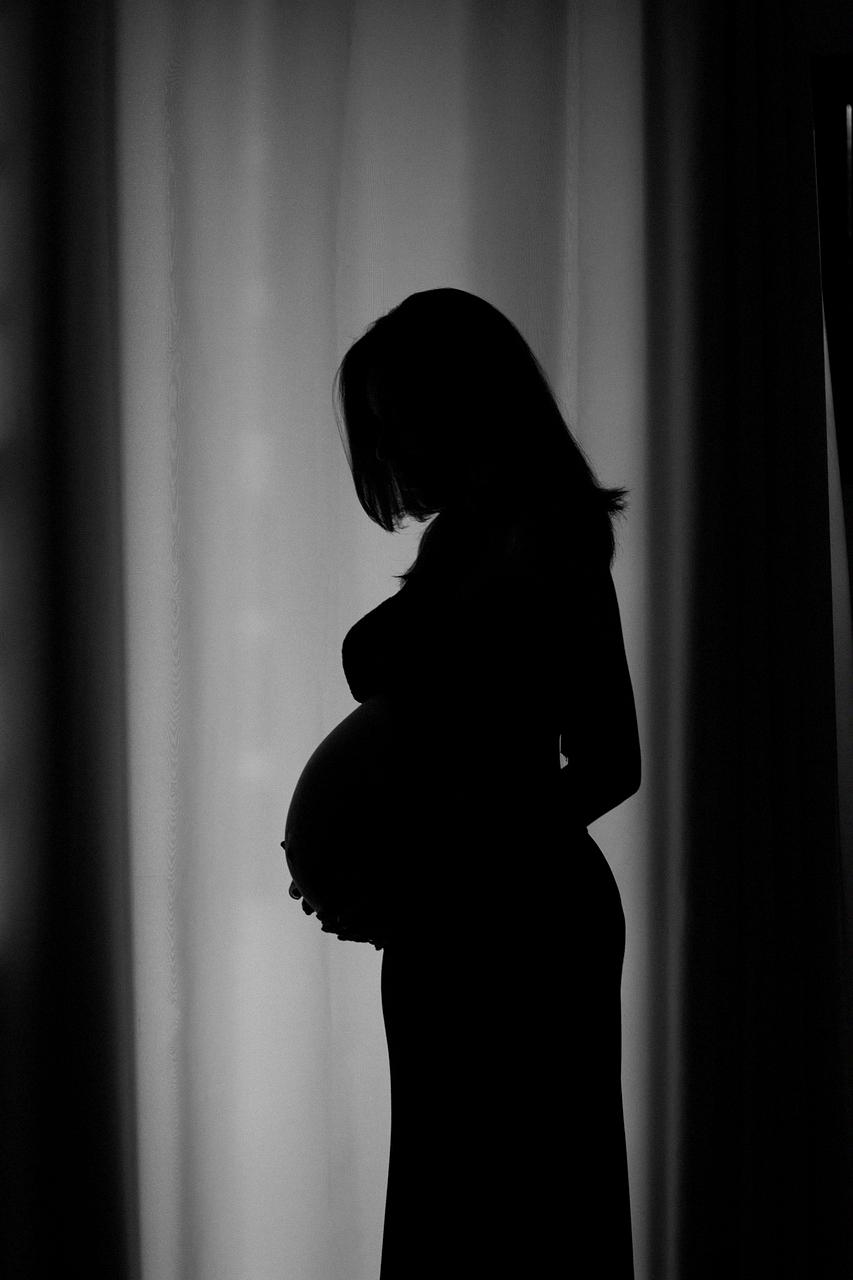Experiencing leg cramps during pregnancy is a common occurrence for many expectant mothers. These cramps can range from mild discomfort to severe pain, with some women even waking up in the middle of the night due to the intensity of the cramping. So, why do these leg cramps happen during pregnancy?
Changes in Circulation
One of the main reasons behind leg cramps during pregnancy is the changes in circulation that occur in the body. As your body adapts to the increased blood flow required to support the growing fetus, it can put pressure on the blood vessels and nerves in your legs, leading to cramping episodes.
Changes in Hormones
Hormonal changes during pregnancy can also contribute to the occurrence of leg cramps. The hormone relaxin, which helps to loosen the ligaments in the pelvis to prepare for childbirth, can also affect the muscles in your legs, making them more prone to cramping.
Increased Weight and Pressure
As your baby grows, the added weight and pressure on your body can also play a role in the development of leg cramps. This extra weight can put strain on the muscles in your legs, leading to cramping sensations, especially during moments of rest or inactivity.
Dehydration and Nutritional Deficiencies
Dehydration and nutritional deficiencies can exacerbate the frequency and severity of leg cramps during pregnancy. It’s essential to stay hydrated and ensure you are getting enough nutrients, such as potassium, calcium, and magnesium, to support muscle function and prevent cramping.
Changes in Activity Levels
Changes in your activity levels, such as standing or sitting for long periods, can also contribute to the development of leg cramps. It’s essential to incorporate gentle exercises, stretches, and regular movement throughout the day to help prevent cramping episodes.
Postural Changes and Night Cramps
As your body adjusts to accommodate your growing belly, changes in posture and sleep positions can also impact the occurrence of leg cramps, particularly during the night. Finding a comfortable sleeping position and using pillows for support can help alleviate some of the pressure on your legs.
Preventive Measures and Relief
If you are experiencing severe leg cramps during pregnancy, there are several preventive measures and relief strategies you can try. Gentle exercises, staying hydrated, maintaining a balanced diet, and implementing relaxation techniques can all help alleviate cramping sensations.
Medical Evaluation and Treatment
If leg cramps persist or become increasingly severe, it’s essential to consult your healthcare provider for a thorough evaluation. They can determine any underlying causes of the cramping and recommend appropriate treatment options, such as prenatal vitamins or physical therapy.
Supportive Measures and Lifestyle Changes
Supportive measures, such as wearing comfortable footwear, using support stockings, and elevating your legs when resting, can also help reduce the frequency of leg cramps. Making lifestyle changes, such as avoiding long periods of standing or sitting and practicing good sleep hygiene, can contribute to overall muscle health.
Personalized Care and Self-Care Practices
Each pregnancy is unique, and the experience of leg cramps can vary from woman to woman. It’s essential to listen to your body, communicate any concerns with your healthcare provider, and prioritize self-care practices that promote relaxation and muscle health.
Conclusion
In conclusion, waking up to severe leg cramps during pregnancy can be a challenging experience, but understanding the potential causes and implementing preventive measures can help alleviate discomfort. By paying attention to factors such as circulation, hormones, hydration, activity levels, and posture, you can better manage and reduce the occurrence of leg cramps, allowing you to focus on the joy of pregnancy.

